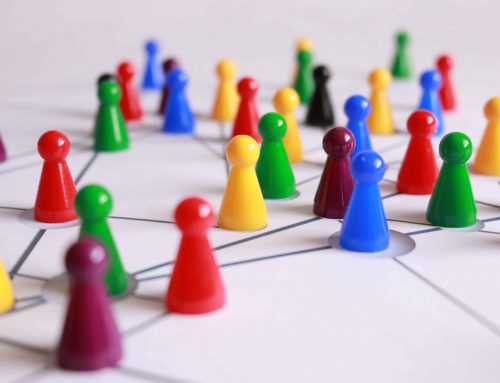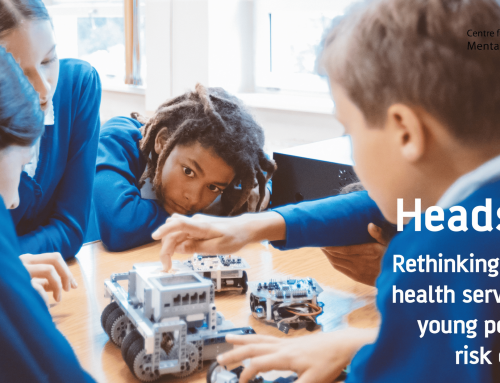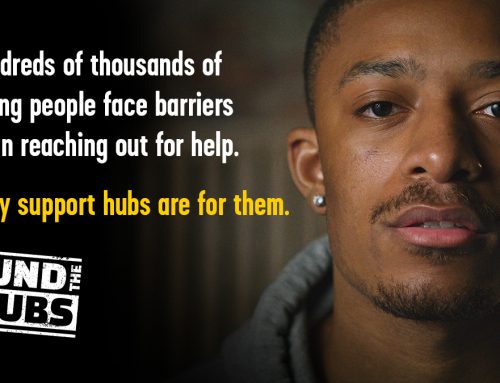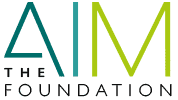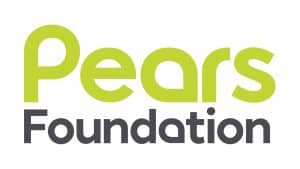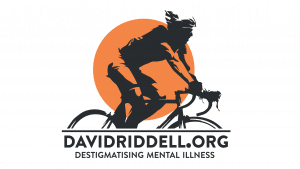Overshadowed
The mental health needs of young people with learning disabilities are overlooked despite an increased risk – new report
Children and young people with learning disabilities are much more likely to develop mental health problems yet their needs are too often overlooked warns a new report by the Children and Young People’s Mental Health Coalition.
Overshadowed finds that children and young people with learning disabilities are more than four times more likely to develop a mental health problem than average. This means that 14% or one in seven of all children and young people with mental health difficulties in the UK will also have a learning disability.
It also reveals that it is the wider risk factors that these young people face, such as growing up in poverty or being bullied or lonely, rather than their learning disability, that cause them to have poorer mental health.
Overshadowed finds that young people and their families face significant challenges accessing the right mental health provision at the right time.
Just over a quarter (27.9%) of young people with both a learning disability and a mental health problem have had any contact with mental health services. This was often the result of delayed or poor identification of their needs by professionals.
Once referred for support, nearly one in four (23%) families who were consulted for the report said they had to wait more than 6 months for an appointment with mental health services.
The young people and families we spoke to described being ‘ping-ponged’ around the system leaving them to fall through the gaps. It is during the transition from child to adult services that young people face particular difficulties as they may be transitioning from multiple services.
Dr Pooky Knightsmith, Chair of the Children and Young People’s Mental Health Coalition, said: “Young people with learning disabilities are exposed to a range of risk factors that can have a serious impact on their mental health and wellbeing. Yet despite this, government and local services are failing to identify and respond to their needs.
We need to better support those working with young people with learning disabilities to ensure they can spot the signs of emerging mental health problems. We also need to improve our understanding of what interventions are most effective for young people with dual or multiple needs.
The poor treatment of young people with learning disabilities has been increasingly under the spotlight and should serve as an urgent wake-up call for the Government and the NHS to take concerted action to put this right.”
The report is calling on national government departments to implement strategies for the prevention and promotion of mental health for young people with learning disabilities. It is also calling on the Department of Health and Social Care to fund research to enhance the use of proven mental health interventions for young people with learning disabilities. Health Education England, the NHS training and education body, should review the training offer provided to key professionals on the mental health needs of children and young people with learning disabilities and/or autism.
Local areas should also identify opportunities to join-up support for young people with learning disabilities and ensure that young people and their families are given the information they need and have a say in their care.
Notes to editors:
For press enquires for the Children and Young People’s Mental Health Coalition please contact Kadra.abdinasir@cypmhc.org.uk.
- The report has been produced in partnership with the Foundation for People with Learning Disabilities and Professor Richard Hastings of the University of Warwick.
- Statistics cited in this report are based on secondary analysis by Emerson and Hatton (2007) reported data from a secondary analysis of the Office for National Statistics surveys on the mental health of children and young people in Great Britain, 2004. The combined 1999 and 2004 children and young people’s mental health surveys constituted a population representative sample of over 18,000 children between the ages of 5 and 16 years.
- The views of young people, families and professionals were gathered as part of a series of focus groups and surveys conducted in 2017.
- The Children and Young People’s Mental Health Coalition (CYPMHC) represents the views of over 180 of the leading charities, academic institutions and professional bodies who come together to campaign for the better mental health of infants, children and young people. Read here for further information: http://cypmhc.org.uk/about_us



